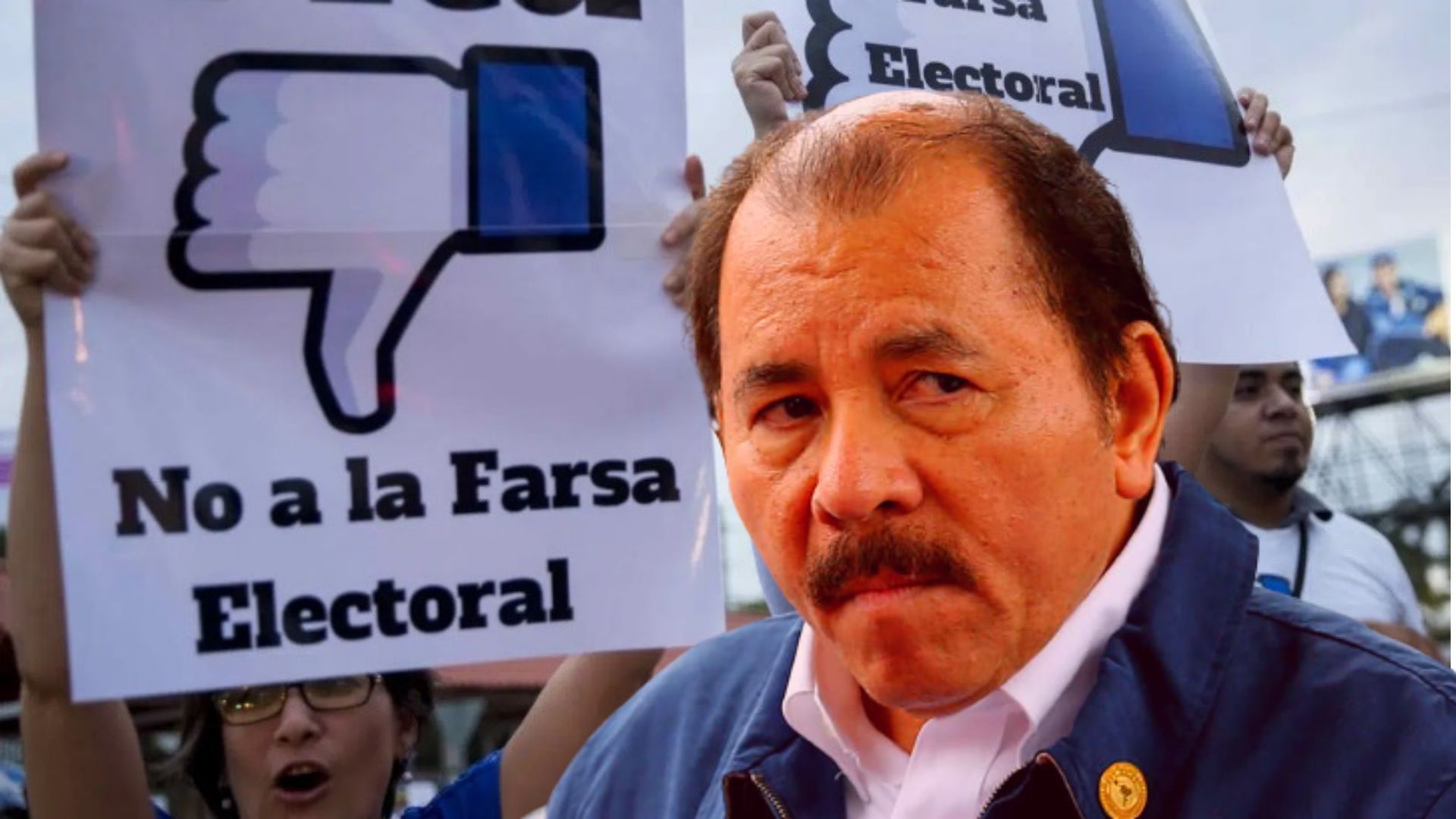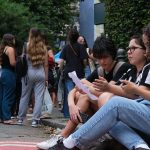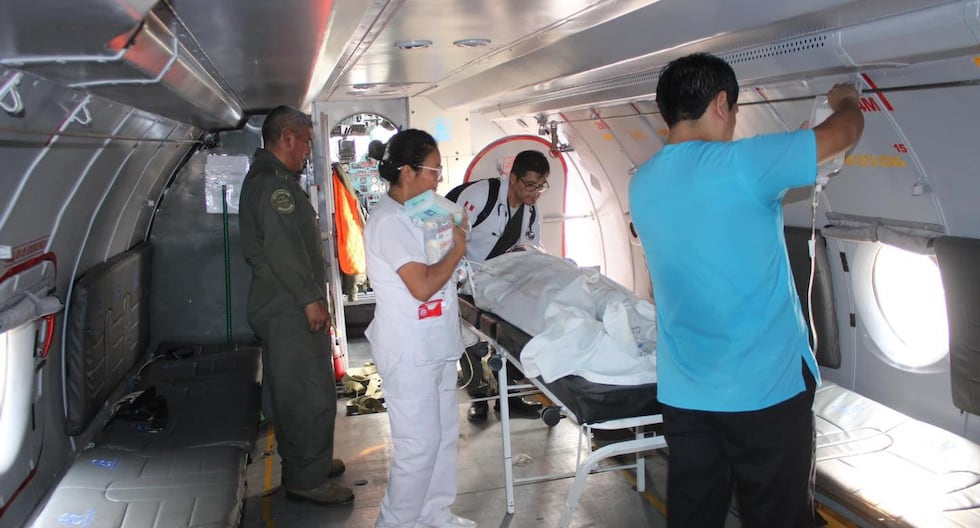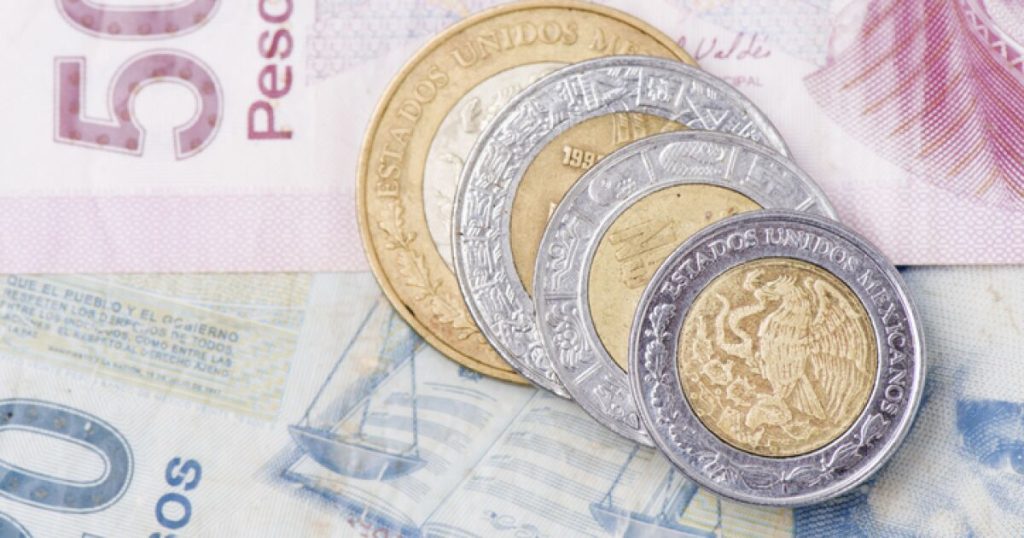The Office of the United Nations High Commissioner for Human Rights (OHCHR) recommends that the dictatorship of Daniel Ortega and Rosario Murillo begin, from now on, a process of legal reforms in both electoral and penal matters, to guarantee free elections in 2026, with international observation and under international democratic standards as an opportunity to put an end to the political and social crisis that the country has been experiencing since 2018.
On September 9, OHCHR will present to the United Nations (UN) Human Rights Council (HRC) the report on the human rights situation in Nicaragua, which covers the period from June 2023 to June 2024, and which denounces that the Managua regime continues to perpetrate serious violations of the fundamental rights of Nicaraguans.
Among the aspects highlighted in the report is the worsening of repression, which includes political and religious persecution, kidnappings, forced disappearances, imprisonment, exile, cruel torture and “extreme suffering” inflicted on opponents and their families, including children.
In the same document, OACNUDH details a series of recommendations directed to the regime headed by Daniel Ortega and Rosario Murillo, and to the international community, to seek a solution to the socio-political and human rights crisis that is ravaging the Central American country.
Legal reforms with a view to the 2026 elections
For the UN, the 2026 general elections have the potential to offer a new opportunity for Nicaragua: “if held in a safe and human rights-friendly environment, where the right to political participation can be meaningfully exercised and Nicaraguans are free to decide the future of their country, these elections will constitute an important milestone on the road to a solution to the crisis.”
“This recovery will require the Government to begin taking measures, without delay, to ensure the safe, voluntary and dignified return of those in exile and to guarantee the exercise of fundamental freedoms in Nicaragua, without fear of reprisals,” states the OHCHR document that will be officially presented to the CDH in Geneva, the headquarters of the United Nations human rights agency.
Related news: Opponents consider a possible “return route” to Nicaragua to challenge the dictatorship from within
Among the recommendations made to the Ortega-Murillo dictatorship by the OHCHR, echoing recommendations also made by other international human rights mechanisms and regional organizations, are: “carry out institutional reforms aimed at guaranteeing free, transparent and genuine general elections in 2026, in accordance with international standards, ensuring the impartiality of electoral institutions and the participation of electoral observers from national and international organizations.”
End to rapes
The High Commissioner urges the Managua regime to “respect, guarantee and protect the human rights of all Nicaraguans, inside and outside the country, in accordance with international law, and to fully implement the recommendations made by the Office and the international human rights mechanisms that remain unfulfilled.”
In particular, the UN calls on the Ortega-Murillos to release all prisoners of conscience “immediately.” They also urge immediate measures to “end and effectively prevent acts of torture and ill-treatment during deprivation of liberty, including sexual violence and prolonged solitary confinement.”
“Conduct prompt, impartial and effective investigations into all allegations of torture and ill-treatment, paying particular attention to cases of sexual violence in detention facilities. Bring perpetrators to justice and ensure reparations for victims,” OHCHR recommends.
They also demand that fair trials be held, with all procedural guarantees, as well as respect for the right to a defense “with a lawyer of their choice, without delay, interception or censorship and with complete confidentiality.”
They also recommend that all necessary measures be taken to re-establish civic and democratic spaces and, to this end, call for an “urgent” cessation of all acts of persecution against individuals and organizations, “including women’s rights organizations, perceived as opposing the Government, including stigmatization, police harassment, illegal or arbitrary deprivation of liberty, misuse of criminal law, deportations, arbitrary denials of entry to Nicaragua and the retention of travel documents necessary to leave the country.”
They call on the dictatorship to guarantee the exercise of freedoms of peaceful assembly, expression and association and to “sanction any attack or intimidation against human rights defenders, including women human rights defenders, religious and community leaders, journalists, media workers and people critical of the government, among others.”
Another recommendation made by the UN High Commissioner is to “urgently restore the legal personality of associations, such as civil society organizations, religious associations, universities and media outlets, which have had their status revoked, and immediately return all seized property, documents and equipment.”
They also urge the repeal or modification of all laws passed since 2018 that are incompatible with Nicaragua’s international human rights obligations, including Law 977 against money laundering, the financing of terrorism and the financing of the proliferation of weapons of mass destruction; Law 1040 regulating foreign agents; Special Law 1042 on cybercrimes; and Law 1055 on the defense of the rights of the people to independence, sovereignty and self-determination for peace.
In addition, invalidate Law 1060, which reforms and adds to the Criminal Procedure Code; Electoral Law 1070, which reforms and adds to Electoral Law 331; General Law 1115, which regulates and controls non-profit organizations; Special Law 1145, which regulates the loss of Nicaraguan nationality; and the reform of Article 21 of the Constitution of February 9, 2023. That is, all laws designed to intensify repression.
















